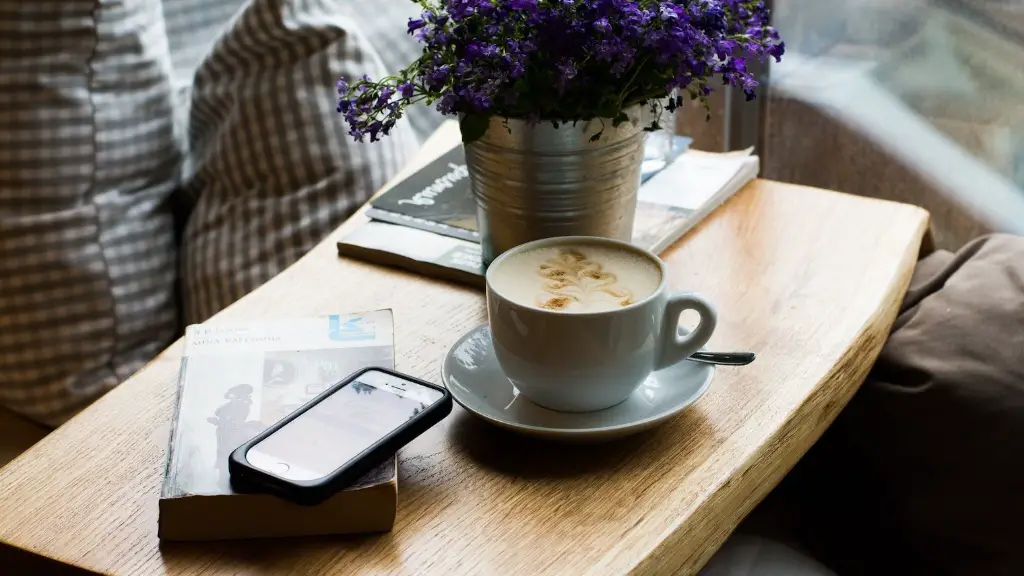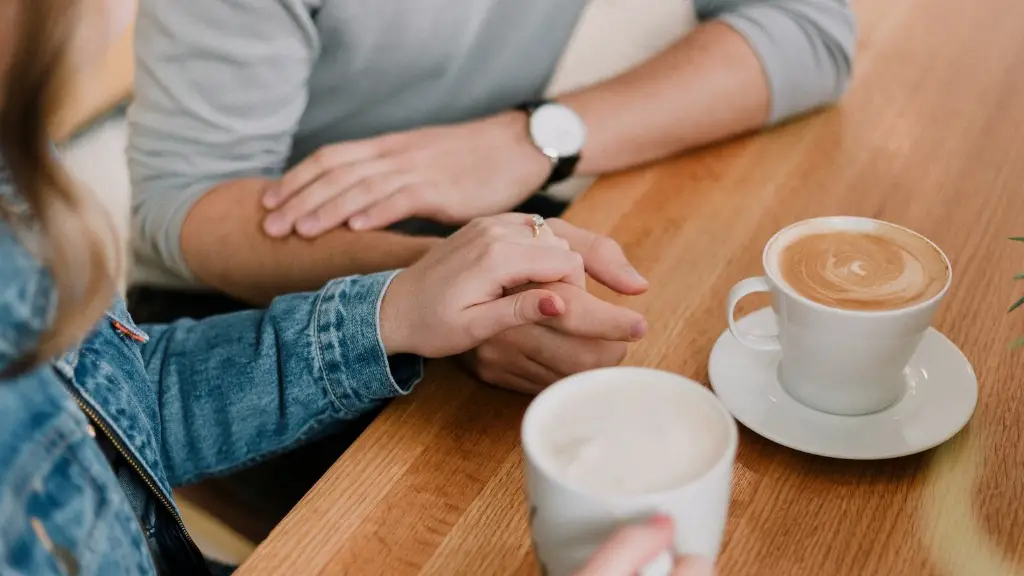History of Tattooing and its Perception
Humans have been decorating their skin with tattoo marks since the earliest records of their existence. From Ancient Egyptians to the sailors of the late 19th century, body marking has been an important rite of passage or as a sign of loyalty, spiritual or astrological beliefs and both civic or military affiliations. In modern times, tattoos are increasingly seen as a form of creative expression, with art designs that learn from different styles, both old and new. Our relationship with tattoos has grown and changed over time and it is perceived differently in different societies, the West having influenced many cultures to the point where it has become an accepted and even celebrated form of contemporary art.
However, it never quite shook its stigma or association with criminality in many cultures. Despite a more relaxed attitude toward tattoos and body art in general, people still face stigma and prejudice when they choose to get a tattoo.
Aftercare and Lifespan of a Tattoo
When it comes to nourishing a fresh tattoo, there are certain rules that people should follow. In the first few weeks it is essential to keep the tattoo clean and moisturized, in order to avoid any sort of infection or scarring. This process is called ‘aftercare’.
By limiting contact with bugs and staying out of pools, hot tubs and beaches, your tattoo will last for many years. Normally, a new tattoo should be done with non-scented unscented soap and without excessive scrubbing of the area. People also should lightly dab the area and avoid any tight clothing heels that could cause friction. It is also generally recommended to avoid direct sunlight or tanning beds for the first two weeks. With patience and proper care, your tattoo should not only look new for long, but could even look stronger than the day it was made.
Caffeine and Tattoo Aftercare
There is a good amount of debate and confusion surrounding caffeine drinking (in the form of coffee, tea, and energy drinks) during all stages of tattoo aftercare. Many believe that caffeine can have beneficial effects during the healing process, while others have cautioned against it, citing the idea that the effects of caffeine on tattoos may be more damaging than beneficial.
In general, most experts agree that consuming coffee and energy drinks will not have any significant effect on the healing process. However, drinking caffeinated beverages in excess may lead to dehydration, constriction of blood vessels or impairment in some individuals.
Caffeine can be hard on your body and has a diuretic effect; this means that it causes your urine output to increase, resulting in frequent trips to the bathroom and dehydration. Dehydration causes the skin cells to shrink and this can lead to complications with the healing process of your tattoo.
What is the verdict?
In summary, caffeine consumption after getting a tattoo should be kept to a minimum. Drinking water or other fluids that are low in caffeine or sugar as a better option. If you are already used to heavy doses of caffeine, you may need to take extra precaution when drinking coffee or energy drinks, because they can be a bit more intimidating during the healing process.
It is best to talk to your tattoo artist regarding any questions or concerns you may have about consuming coffee or other caffeinated beverages after getting a tattoo. The best advice for anyone considering getting a tattoo is to avoid caffeine consumption for at least two weeks after the procedure or until the tattoo is completely healed.
Healthy Alternatives to Coffee
If you’re looking for a healthier alternative to coffee, there are many to choose from. Tea is the most popular choice, and green tea is the best option. It contains a high amount of antioxidants which can help improve overall health. Other options are various herbal teas such as ginger tea and spearmint tea. They have a subtle yet profound flavor and can provide many health benefits.
If you prefer something a bit sweeter, cold-pressed juice is a great option. Many stores have a selection of fresh juices that contain various fruits and vegetables. These juices are rich in vitamins and minerals and can help improve your overall health. Additionally, adding some almond milk or coconut milk to your juice can give it a creamy and indulgent texture.
Finally, for those looking for an extra boost, there are supplements such as matcha or maca which provide a natural energy boost without any of the side effects of caffeine.
The Pros and Cons of Caffeine Consumption
Caffeine can be a helpful and effective tool for providing energizing aid, but it should be consumed in moderation. Protracted use of caffeine can be
harmful to health. It can lead to significant cardiovascular changes, nervou s system dysfunctions, digestive disorders and more general problems including headaches, anxiety, nervousness, insomnia and tremors, just to name a few. However, the advantages of moderate caffeine intake, when taken in limited quantities and as part of an overall healthy lifestyle, certainly seem to outweigh the risks.
Some of the benefits of caffeine include improved alertness and concentration, increased physical endurance and improved reaction time. But it’s important to remember that caffeine is still a stimulant and can interact with some medications, so it’s important to talk to your doctor if you’re taking any medications or have any concerns about potential side effects or interactions.
The Takeaway
Whether or not to consume coffee or other caffeinated beverages after getting a tattoo is ultimately an individual decision. While there is a lack of scientific evidence proving any direct ill-effects of consuming coffee or energy drinks after getting a tattoo, it is still best practice to abstain from such beverages for at least two weeks or until the tattoo is completely healed. It is also important to ensure that you are hydrated and drinking plenty of water. Additionally, there are various healthy alternatives you can enjoy that won’t put your tattoo at risk.



